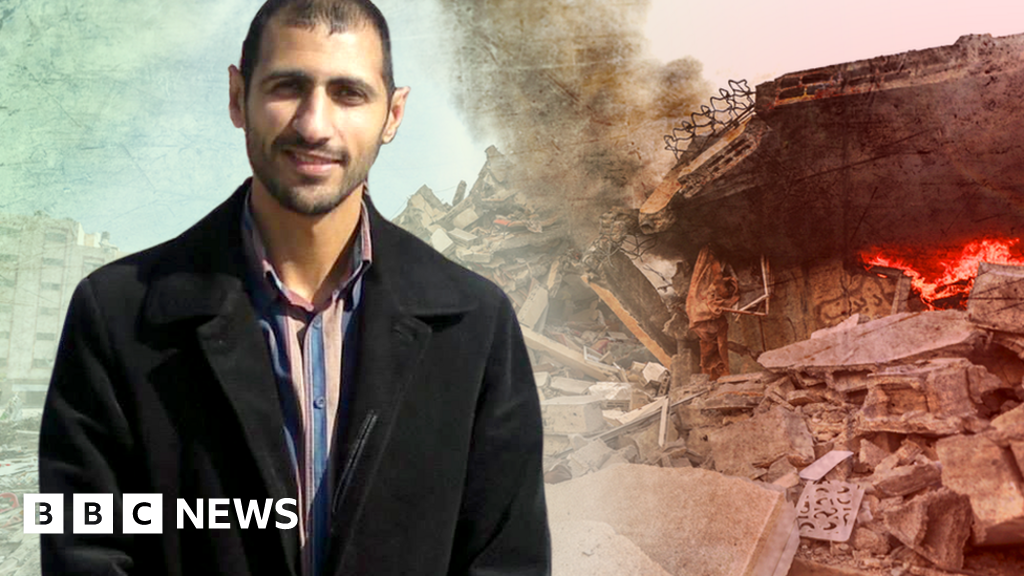By Alice Cuddy BBC News, Jerusalem
The call to Mahmoud Shaheen came at dawn.
It was Thursday 19 October at about 06:30, and Israel had been bombing Gaza for 12 days straight.
He’d been in his third-floor, three-bedroom flat in al-Zahra, a middle-class area in the north of the Gaza Strip. Until now, it had been largely untouched by air strikes.
He’d heard a rising clamour outside. People were screaming. “You need to escape,” somebody in the street shouted, “because they will bomb the towers”.



There are three lenses through which the Israeli government’s actions make sense:
They are supremacists who were looking for an excuse to escalate an ethnic cleansing they have no way to complete without a goddamn good framing for the Western press.
They’re a far right government looking to appease far right voters who only want to solve a blood conflict with more blood, and never by taking advantage of their superior position to force de-escalation. These are politicians merely trying to conserve their own seats, no matter ethical considerations or what’s good for their country.
Racism, ethnic supremacism, religious bigotry, emotional meltdowns and the unability to see a conflict in any other way than seeing you as the first and last victim are all great ingredients to enter into a spiral of terribly irrational decisions. All of these ingredients are present in the Israeli government and in a good portion of Israeli society.